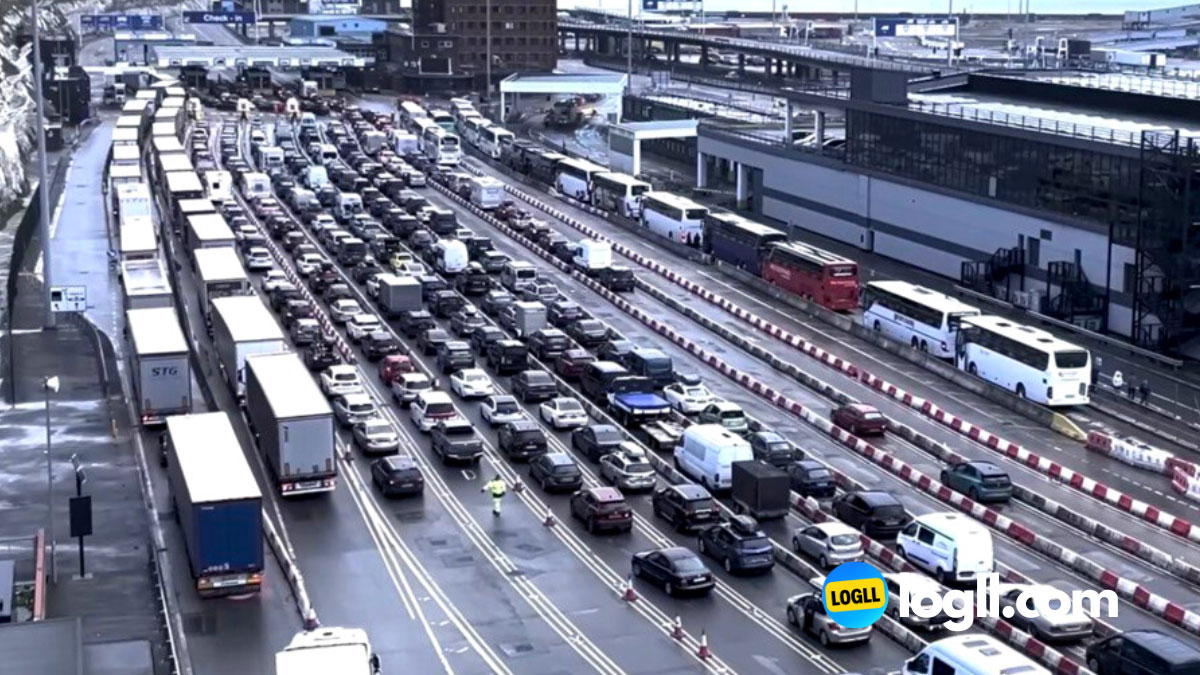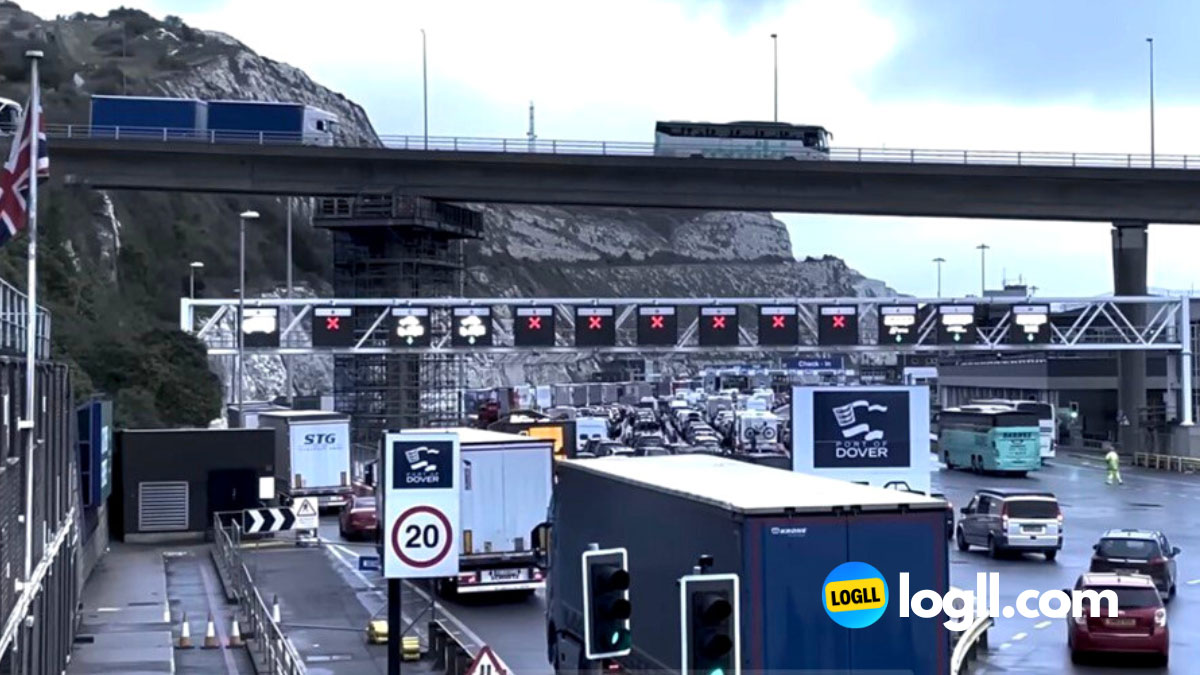Travelers attempting to leave the UK by ferry have experienced significant delays at the nation’s busiest port, prompting renewed discussions about the impact of Brexit on travel. Coach passengers were informed of lengthy wait times within a “buffer zone” at the port before being allowed to proceed through passport control and cross the English Channel. Although cars and freight were reported as “free flowing,” the Port of Dover acknowledged wait times of up to six hours.
Strikes and Staff Shortages Exacerbate Delays
Complicating matters further, UK passport office staff will commence a five-week strike on Monday, potentially causing delays for thousands of British travelers during the peak pre-summer season. Over 1,000 members of the PCS union will participate in the strike, impacting passport application processing times.

#PODover #POCoaches - CURRENT WAIT TIMES
— P&O Ferries Updates (@POferriesupdate) April 2, 2023
Coaches are to head straight to the Port of Dover to join the buffer zone queues during which API will be completed, currently there is a 6+ hour wait to reach the border check points.
Brexit Impact Debated Amid Disruptions
Doug Bannister, the CEO of the Port of Dover, stated in an interview that the “post-Brexit environment means that every passport has to be checked” before passengers can travel to France. Home Secretary Suella Braverman rejected claims that Brexit was responsible for the delays, attributing them instead to increased pressure on Channel crossings.
Travel journalist Simon Calder argued against Braverman’s assertion, stating that the UK government had requested a “hard EU frontier” following the Brexit vote in 2016. Labour’s Lisa Nandy criticized the Conservative government for failing to implement a system that could handle the additional demand caused by extra paperwork checks, rather than directly linking the delays to Brexit.
"It's not fair to say this is an adverse effect of Brexit."
— Sophy Ridge on Sunday & The Take (@RidgeOnSunday) April 2, 2023
Home Secretary @SuellaBraverman says leaving the EU is not to blame for queues at Dover despite warnings from the port's chief executive.#Ridge https://t.co/ZoMhCmTrtv
📺 Sky 501, Freeview 233 and YouTube pic.twitter.com/VLR1ofUZGk

Government Struggles with Asylum Seeker Policies
In addition to the delays at Dover, Braverman has faced questions regarding the government’s commitment to reducing the number of asylum seekers entering the UK. The home secretary intends to detain and deport migrants crossing the Channel in small boats, and is considering the use of “vessels” to house those who make the dangerous journey. However, recent polling by YouGov indicates that only one-fifth of voters believe Prime Minister Rishi Sunak will fulfill his promise to “stop the boats.
If we were in the EU, the French would not need to do individual passport checks.
— David Gauke (@DavidGauke) April 2, 2023
If no individual passport checks, the process at Dover would be quicker.
The Dover queues are, therefore, partly caused by Brexit.
Not a contentious point, surely?
If you are able, we kindly ask for your support of Logll Tech News today. We appreciate it.

Sergio Richi
Editor, Logll Tech News
⭐️⭐️⭐️⭐️⭐️ New Releases
JETEAGO Patio Rattan Bar Set, 3-Piece Outdoor Furniture Wicker Bistro Set with Table, Barstools, Glass Top Table and 2 Thick Cushion for Patios Backyards Porches Gardens Poolside, Blue
JETEAGO 5 Pieces Patio Conversation Set Outdoor Rattan Bistro Set All-Weather Wicker Furniture Set with Washable Cushions, Ottoman, Glass Coffee Table for Garden, Poolside, Backyard,Red
PETLIBRO Automatic Cat Feeders, Timed Cat Feeder Programmable 1-6 Meals Control, Automatic Pet Feeder for Cat & Dog, Cat Food Dispenser with Long Battery Life, Automatic Dog Feeder for Dry Food Black
$49.99
Best Offer Today
Conclusion: Dover Delays Underscore Ongoing Brexit Challenges
The travel chaos at Dover Port serves as a stark reminder of the challenges faced by the UK in the post-Brexit era. As debates over the impact of Brexit on travel continue, it is evident that the government must address both short-term disruptions, like the Dover delays, and long-term issues, such as asylum seeker policies. The ultimate success of Brexit will depend on the government’s ability to effectively manage these challenges and deliver on the promises made to the British public during the referendum campaign. In the meantime, travelers and businesses must continue to navigate an increasingly complex landscape in order to maintain smooth cross-border operations.











